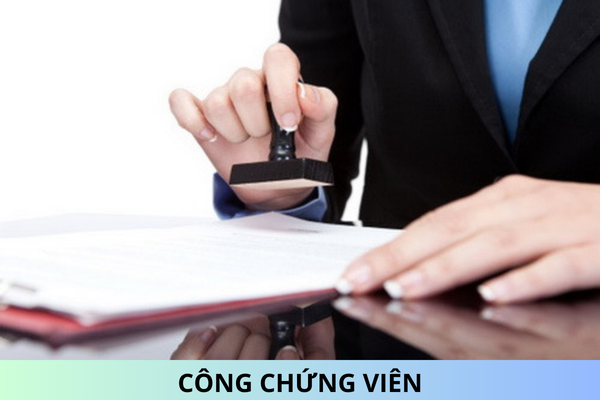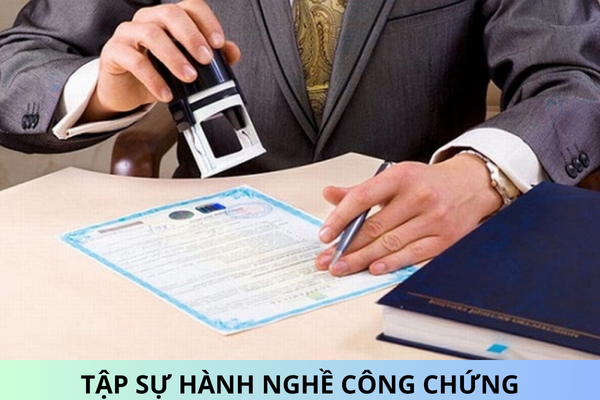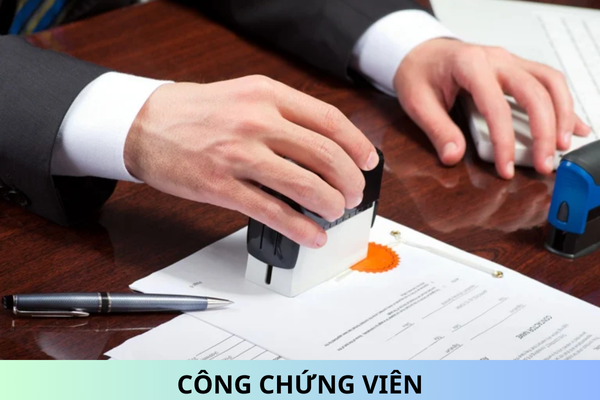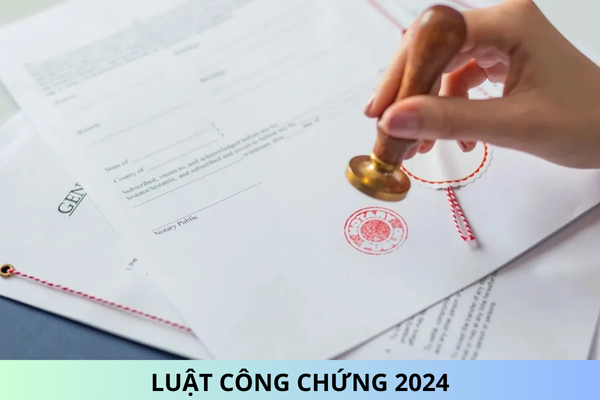Who is the Executor? How are the Ethics Standards for Executors Regulated?
Who is an Enforcement Officer? What are the ethical standards for an Enforcement Officer?
Who is an Enforcement Officer?
An Enforcement Officer is an individual appointed under legal provisions to implement and ensure compliance with orders and decisions made by competent authorities. This role involves carrying out duties prescribed by law to maintain the rule of law and order.Ethical Standards for an Enforcement Officer
The ethical standards for an Enforcement Officer are stipulated to ensure integrity, impartiality, and dedication to duty. These standards include, but are not limited to, the following principles:- Integrity: The Enforcement Officer must perform their duties with honesty and uphold the highest levels of integrity.
- Impartiality: The Enforcement Officer must remain neutral and fair, making decisions based solely on legal criteria, irrespective of personal interests.
- Professionalism: The Enforcement Officer must demonstrate professionalism and competence in executing their responsibilities.
- Accountability: The Enforcement Officer is accountable for their actions and must comply with legal and ethical guidelines.
- Respect for Rights: The Enforcement Officer must respect the rights and legal interests of all parties involved.
Who is an Enforcer?
According to Article 17 of the 2008 Law on Civil Judgment Enforcement, the enforcer is defined as follows:
Enforcer
An enforcer is a person assigned by the State to execute judgments and decisions as stipulated in Article 2 of this Law. There are three ranks of enforcers: Primary Enforcer, Intermediate Enforcer, and Senior Enforcer.
Enforcers are appointed by the Minister of Justice.
The Government of Vietnam stipulates the procedures for recruitment and appointment of enforcers.
Thus, an enforcer is a person assigned by the State to execute the following judgments and decisions:
- Judgments, decisions, or parts of judgments or decisions of the first-instance court that are not appealed or protested according to appellate procedures;
- Judgments and decisions of the appellate court;
- Cassation or re-trial decisions of the court;
- Foreign civil judgments and decisions, and decisions of foreign arbitration that have been recognized and allowed to be enforced in Vietnam by a Vietnamese court;
- Decisions on competition case handling by the Competition Handling Council where, after 30 days from the effective date, the involved parties fail to voluntarily comply or do not file a lawsuit at the court;
- Decisions and awards of commercial arbitration;
- Court decisions on bankruptcy settlement.

Who is an Enforcer? What are the ethical standards for enforcers? (Image from the Internet)
What are the ethical standards for enforcers?
Based on Decision 1577/QD-BTP in 2021, the ethical standards for enforcers are defined as follows:
Rule of law and justice protection: Absolutely respect the supreme authority of the Constitution and protect the severity of the law. Organize to execute judgments and decisions effectively and promptly. Strictly comply with legal regulations, administrative discipline, and rules in performing official duties. Avoid bureaucracy, imperiousness, harassment, or causing trouble to the involved parties.
Objectivity, decorum, skillful public relations: Be impartial without discrimination by ethnicity, gender, beliefs, religion, educational level, social status, or economic sectors of the involved parties. Dress neatly, act politely, be patient, understanding, prioritize education and persuasion, and build trust and support from the public and the involved parties in the enforcement work.
Passion for the profession, bravery, professionalism: Have pride, honor, enthusiasm, creativity, and effort in performing civil judgment enforcement. Do not neglect or seek to delay the execution of judgments. Be decisive, take responsibility, and avoid being influenced or unlawfully impacted. Work scientifically, continuously learn, practice, and enhance your qualifications and experience.
Share, respect, cooperate: Foster and maintain unity within the organization. Be modest, willing to share knowledge and experience. Respect and listen to colleagues' opinions, conduct honest and constructive, objective criticism and self-criticism at the right time and place. Behave courteously, be receptive, friendly, cooperative, and supportive in work.
Proactive, precise, responsible: Respect and actively build close, received leadership, direction, and support from the Communist Party committee, local authorities, political-social organizations, and related entities in civil judgment enforcement. Strengthen inter-agency relationship and responsibility.
Exemplary, modest, diligent, economical, incorruptible: Set an example, cultivate, practice creating healthy, simple, persistent, economical habits; avoid wastefulness, ostentation, corruption, or exploiting work positions for personal gain; avoid complacency and cover-ups in civil judgment enforcement. Always maintain sincerity and humility.
Thus, the ethical standards for enforcement officers are defined as follows:
[1] Rule of law and justice protection
Absolutely respect the supreme authority of the Constitution and protect the severity of the law.
Organize to execute judgments and decisions effectively and promptly.
Strictly comply with legal regulations, administrative discipline, and rules in performing official duties.
Avoid bureaucracy, imperiousness, harassment, or causing trouble to the involved parties.
[2] Objectivity, decorum, skillful public relations
Be impartial without discrimination by ethnicity, gender, beliefs, religion, educational level, social status, or economic sectors of the involved parties.
Dress neatly, act politely, be patient, understanding, prioritize education and persuasion, and build trust and support from the public and the involved parties in the enforcement work.
[3] Passion for the profession, bravery, professionalism
Have pride, honor, enthusiasm, creativity, and effort in performing civil judgment enforcement. Do not neglect or seek to delay the execution of judgments.
Be decisive, take responsibility, and avoid being influenced or unlawfully impacted.
Work scientifically, continuously learn, practice, and enhance your qualifications and experience.
[4] Share, respect, cooperate
Foster and maintain unity within the organization.
Be modest, willing to share knowledge and experience.
Respect and listen to colleagues' opinions, conduct honest and constructive, objective criticism and self-criticism at the right time and place.
Behave courteously, be receptive, friendly, cooperative, and supportive in work.
[5] Proactive, precise, responsible
Respect and actively build close, received leadership, direction, and support from the Communist Party committee, local authorities, political-social organizations, and related entities in civil judgment enforcement.
Strengthen inter-agency relationship and responsibility.
[6] Exemplary, modest, diligent, economical, incorruptible
Set an example, cultivate, practice creating healthy, simple, persistent, economical habits; avoid wastefulness, ostentation, corruption, or exploiting work positions for personal gain; avoid complacency and cover-ups in civil judgment enforcement.
Always maintain sincerity and humility.
What standards must an enforcer meet to be appointed?
According to Clause 1, Article 18 of the 2008 Law on Civil Judgment Enforcement, the standards for appointing enforcers are:
Standards for appointing enforcers
Vietnamese citizens who are loyal to the Fatherland, honest, incorruptible, possess good ethical qualities, have a bachelor's degree in law or higher, and are in good health to perform the assigned tasks can be appointed as enforcers.
A person who meets the criteria stipulated in Clause 1 of this Article and has the following conditions can be appointed as a Primary Enforcer:
a) Has worked in the legal field for 03 years or more;
b) Has been trained in civil judgment enforcement;
c) Passed the Primary Enforcer examination.
Thus, an enforcer can be appointed if they are a Vietnamese citizen who is loyal to the Fatherland, honest, incorruptible, possesses good ethical qualities, has a bachelor's degree in law or higher, and is in good health to perform the assigned tasks.
For Primary Enforcers, the following criteria must be met:
- Has worked in the legal field for 03 years or more;
- Has been trained in civil judgment enforcement;
- Passed the Primary Enforcer examination.
Respectfully!










